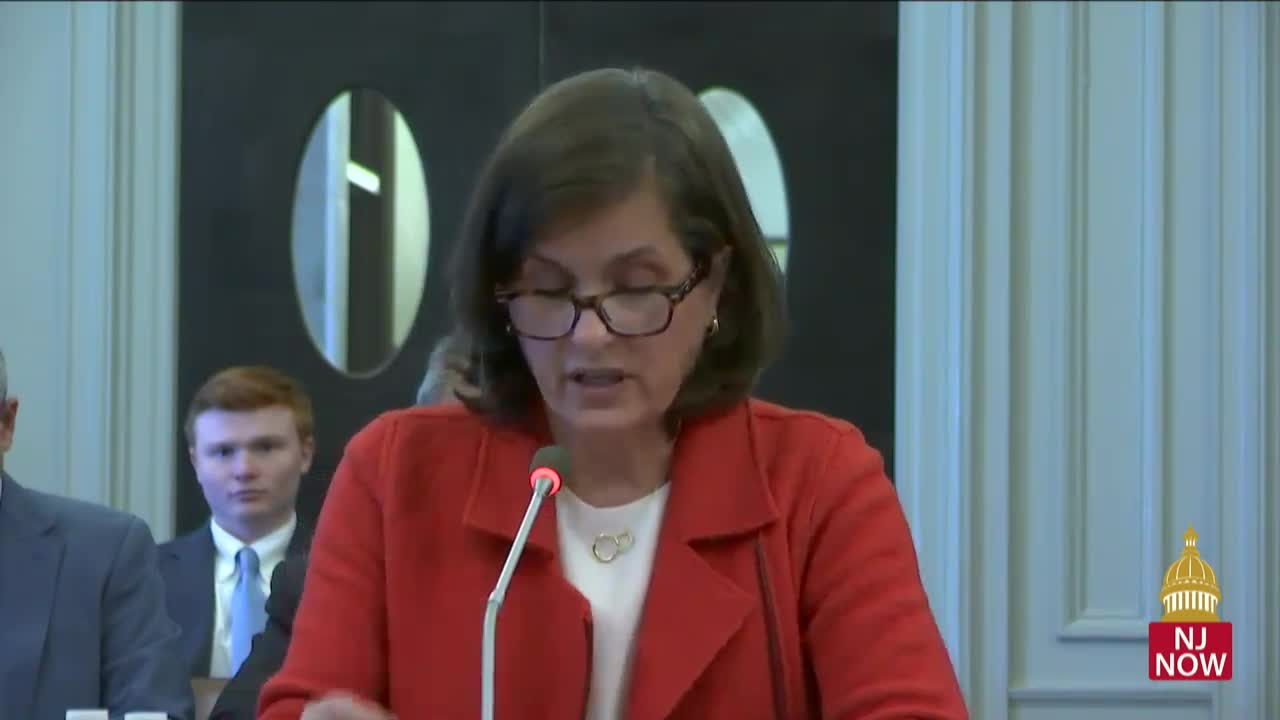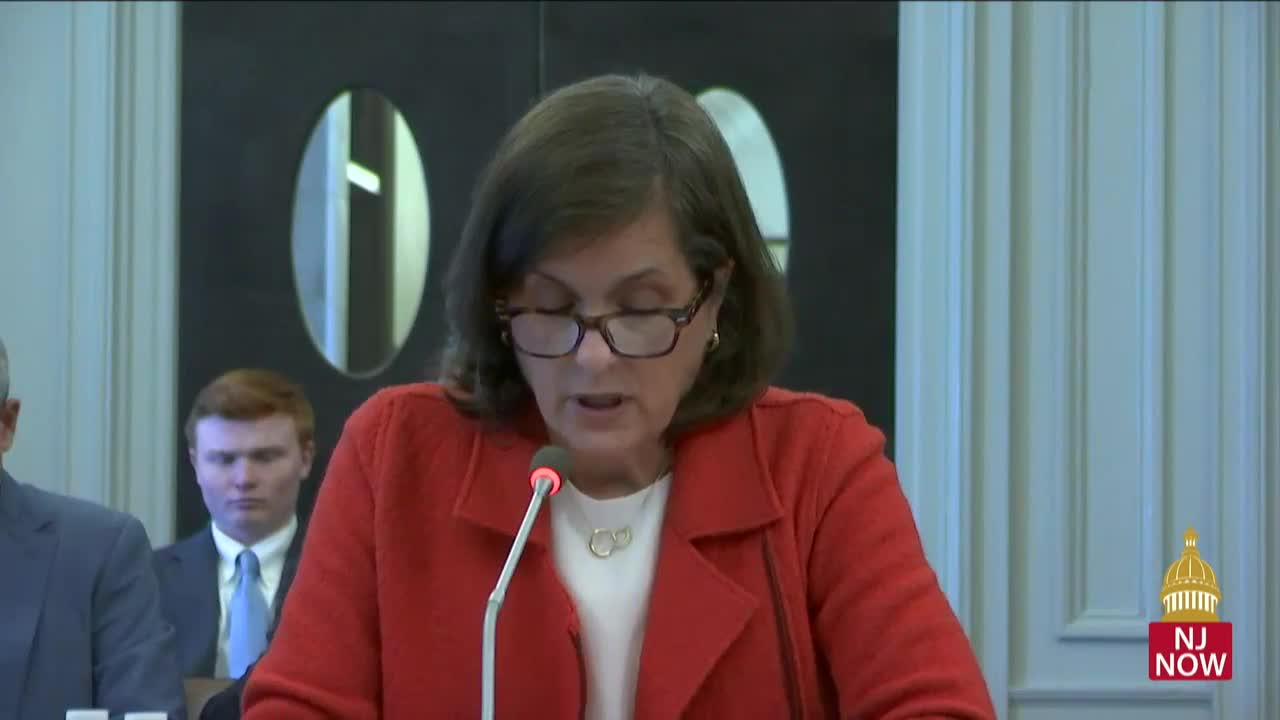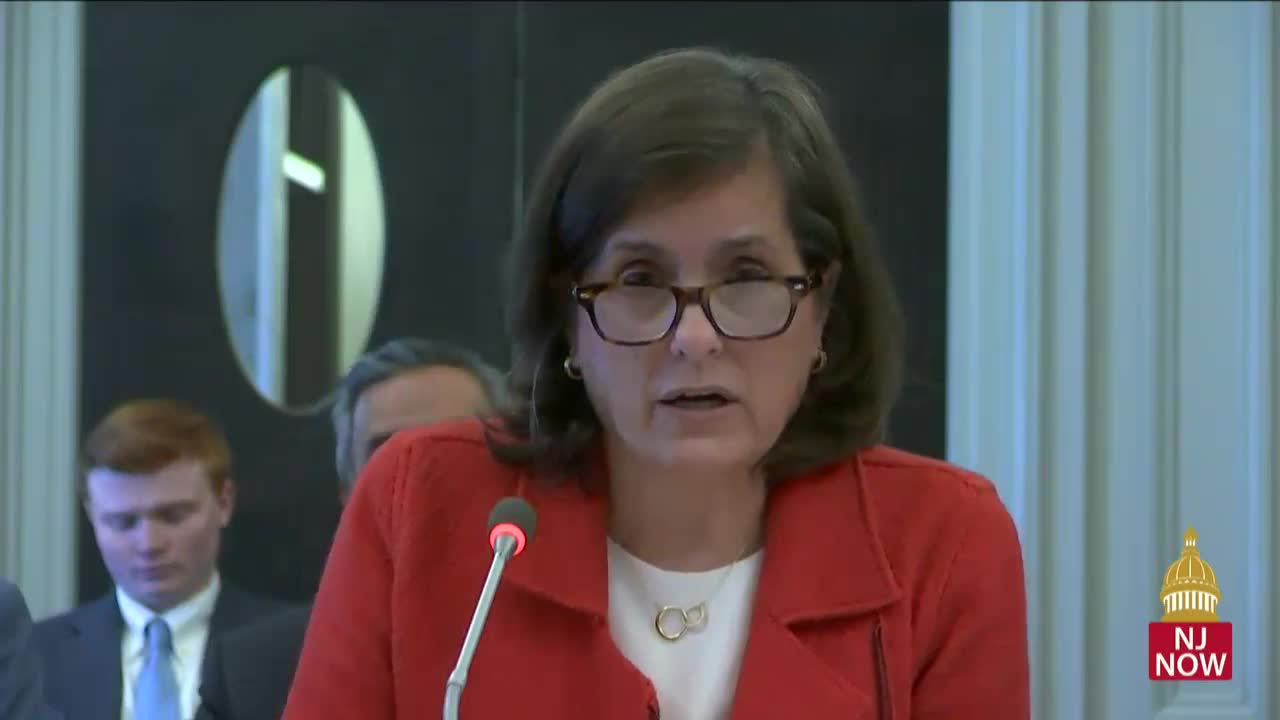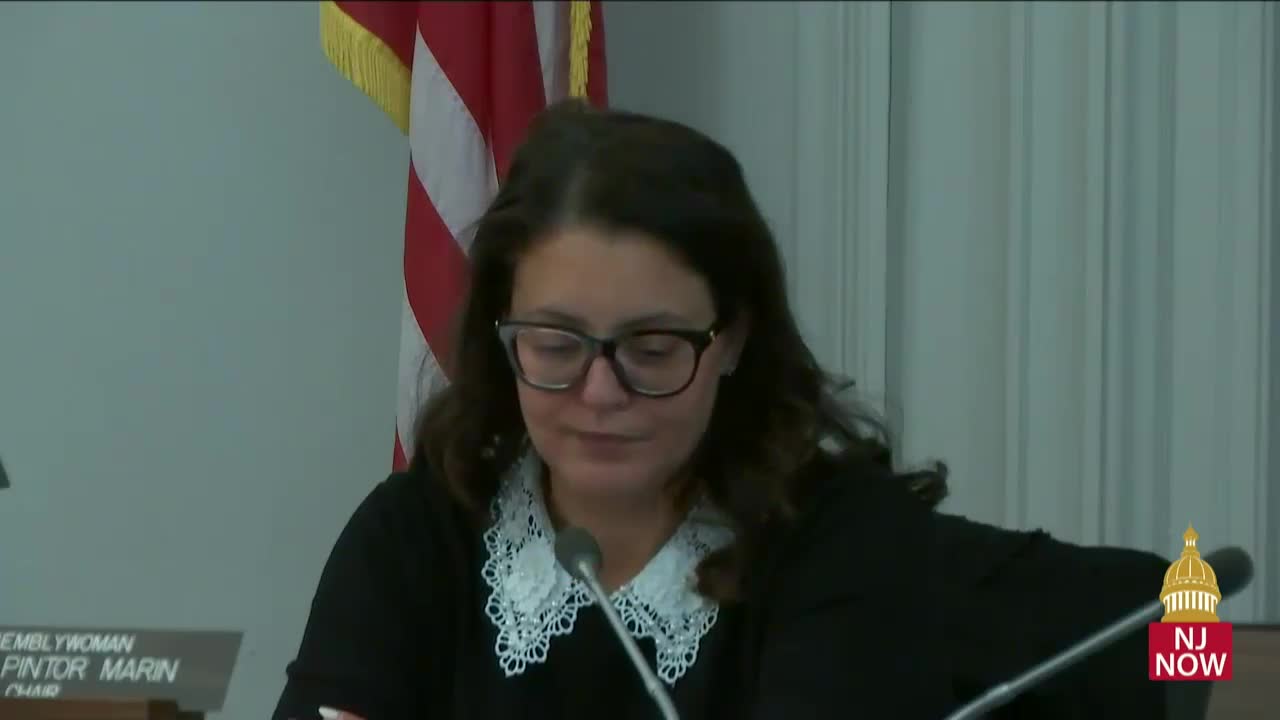Article not found
This article is no longer available. But don't worry—we've gathered other articles that discuss the same topic.

Rising health‑benefit costs push state and local plans toward plan‑design debate; local government section faces acute pressure

Treasury proposes multiple tax and fee changes — from mansion tax to streaming, sports and a 40¢ 988 fee

Treasury warns potential federal Medicaid changes could expose New Jersey to up to $10B in risk

